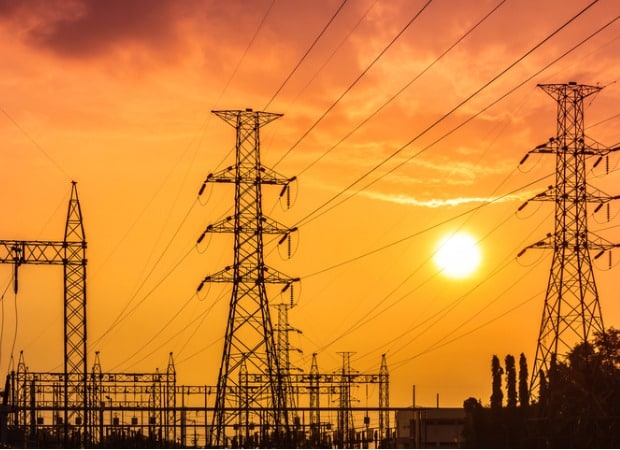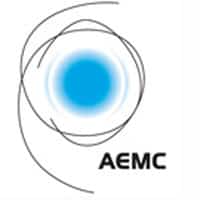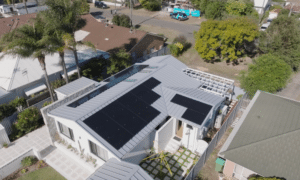A new category of electricity traders would see Australia’s biggest users of electricity paid to reduce consumption during peak demand periods using the demand response energy approach .
The Australian Energy Market Commission (AEMC) today released for consultation its wholesale demand response mechanism draft rule. This would allow large commercial and industrial electricity users to participate alongside retailers in the National Electricity Market (NEM).
The change, to start in 2022, would create a new category of electricity trader: the demand response service provider (DRSP).

These businesses will be able to sell reduced demand on the wholesale market as a supply-side resource. Thus, they would operate much like scheduled generators and be able to set lower wholesale prices.
Currently, only electricity retailers can provide this service.
AEMC chair John Pierce said taking demand pressure off the power system would lower the rising costs of generation. In turn, this would reduce costs at peak times, resulting in lower power bills for consumers.
“This puts demand response on equal footing to generation for the first time,” Pierce said.
For now, the draft demand response energy rule excludes households and small businesses from selling reduced demand on the wholesale market. However, AEMC will conduct a 12-month review of consumer laws to see how they could participate in future.
Solar households already use demand response to cut costs
However, under current wholesale market rules, customers with rooftop solar panels can choose time-of-use retail contracts with energy providers.
This allows them to cut electricity use at high price times, thereby saving on electricity bills. Alternatively, customers can reduce the amount of electricity they use during peak periods by turning appliances down or off.
Last month, an ARENA-funded trial highlighted how households with solar power and battery storage could reap the savings from demand response energy.
Demand response energy welcomed by industry groups
Industry groups that champion new demand response rules have welcomed the AEMC release.
Dan Cass from The Australia Institute said that while big energy users receive direct financial incentives, all consumers benefit from downward pressure on wholesale prices.
Craig Memery from the Public Interest Advocacy Centre said the draft rule “will be important for maintaining reliability as Australia’s 20 coal plants retire”.
Finally, Mark Byrne from Total Environment Centre said the rule strikes a blow against the gouging of consumers in Australia’s monopolistic energy landscape.












































